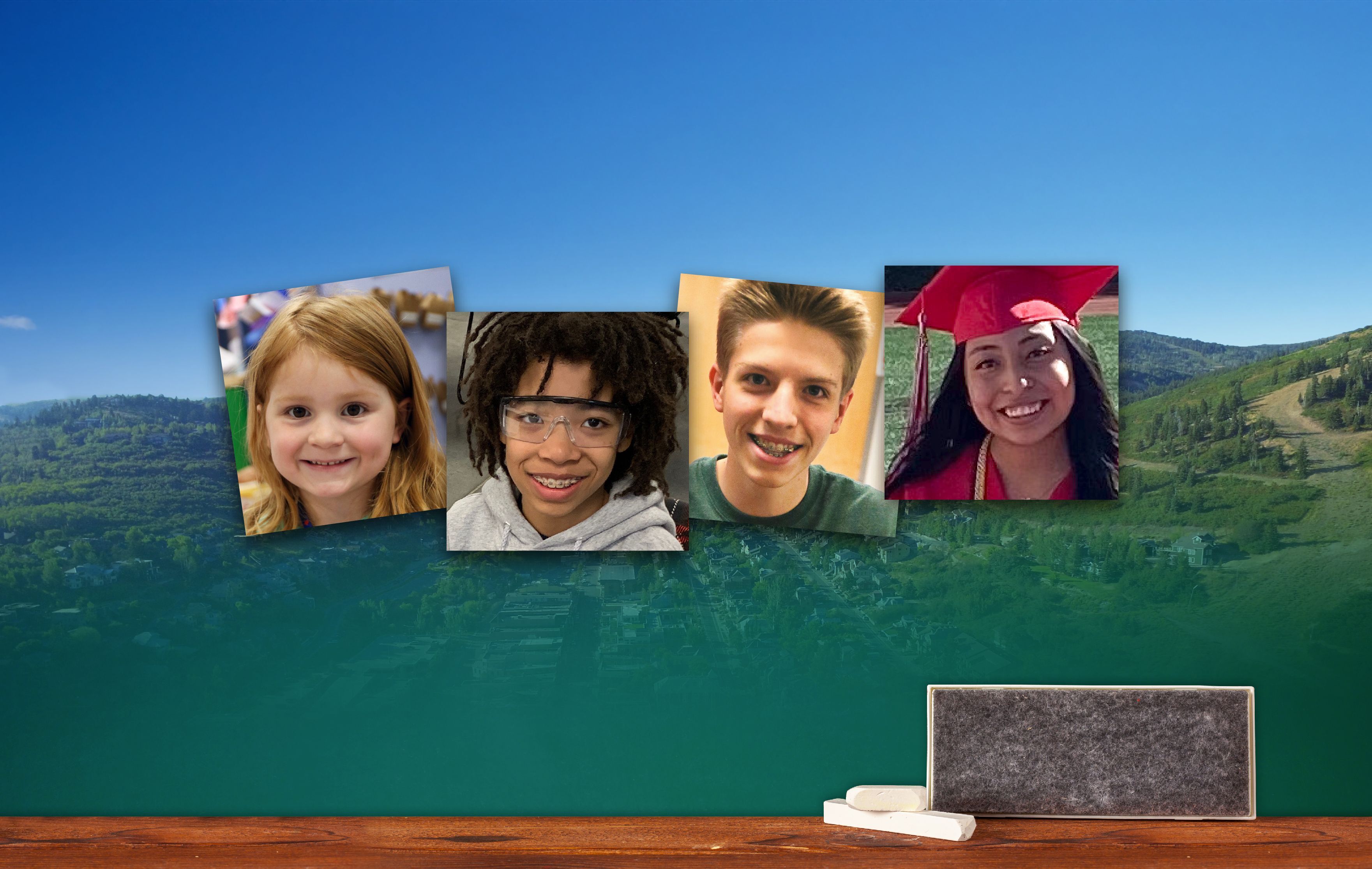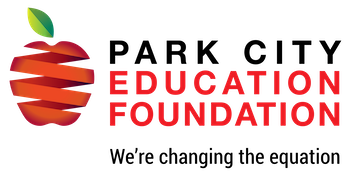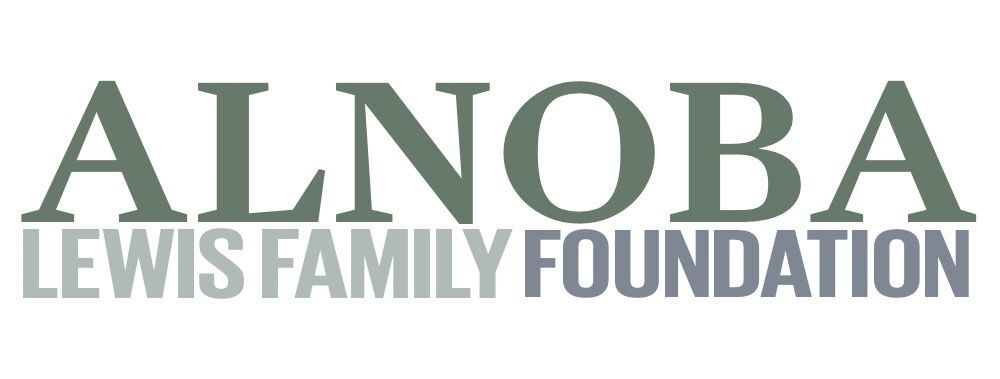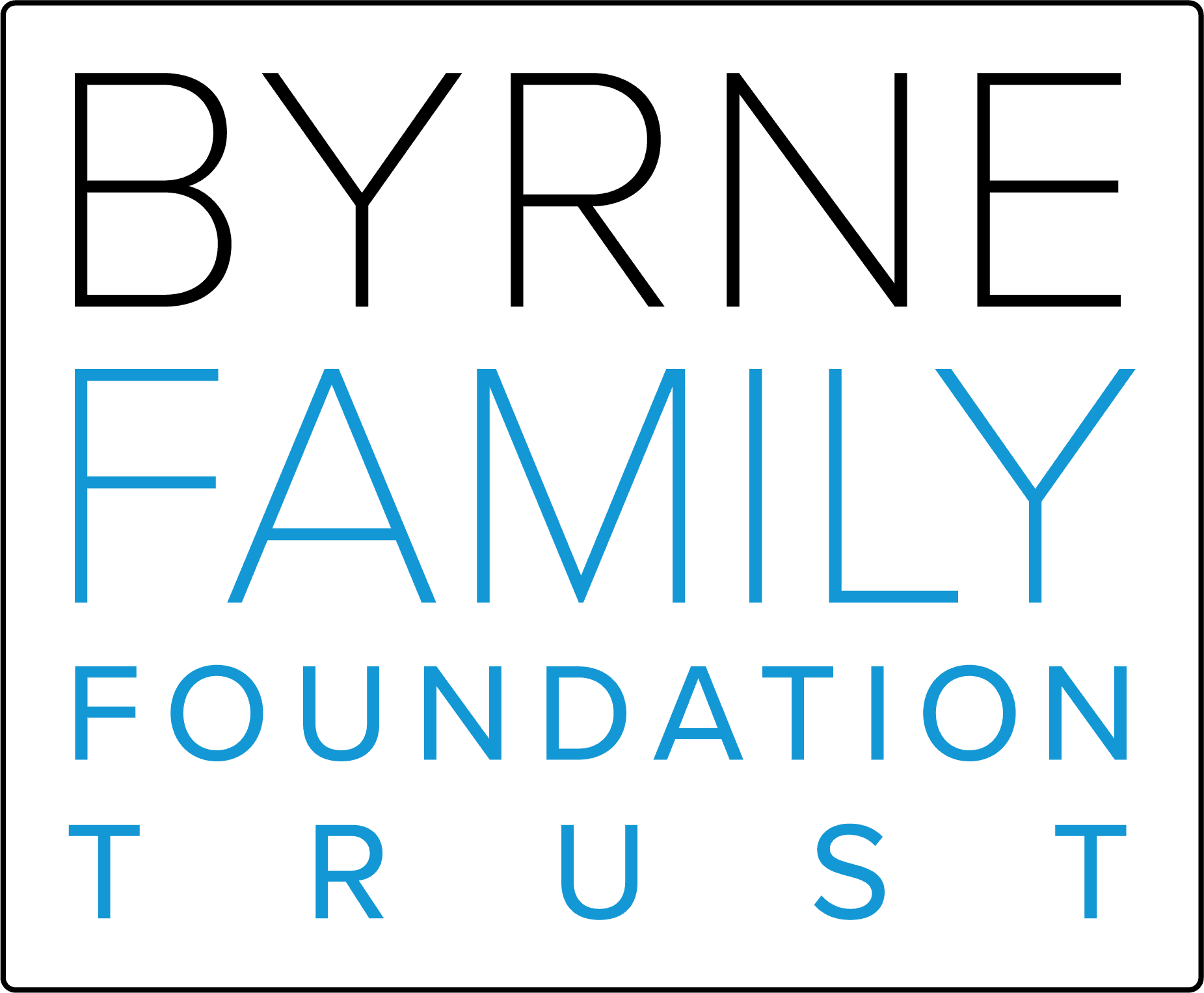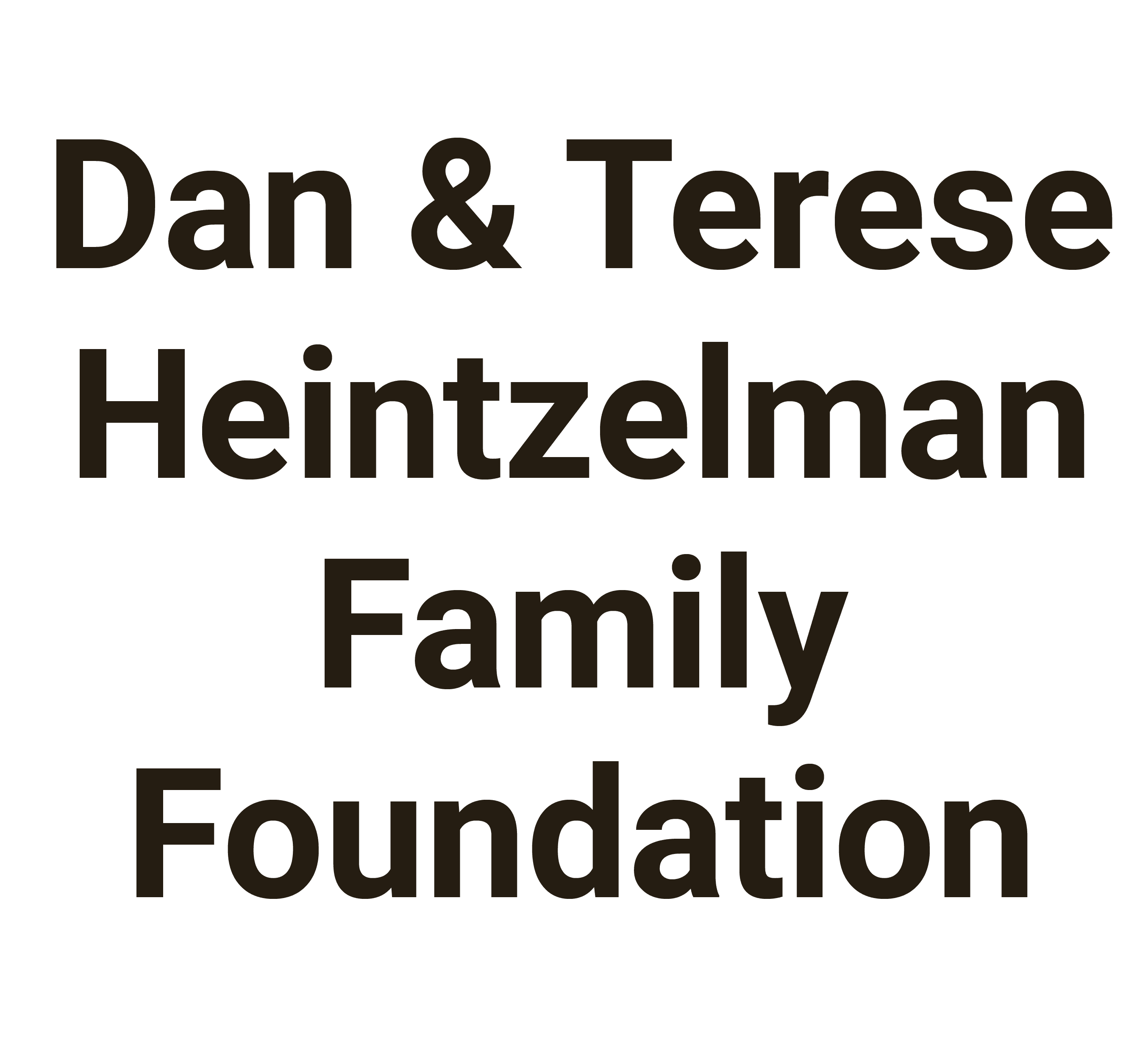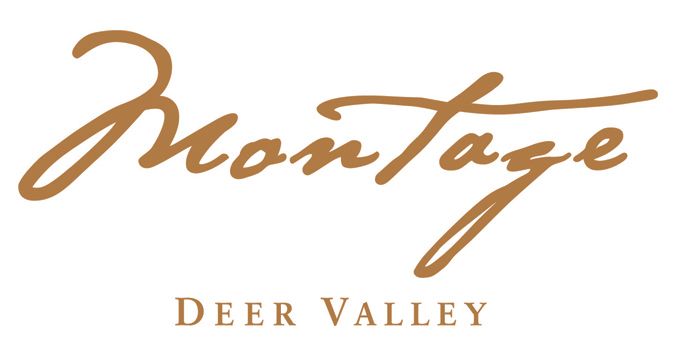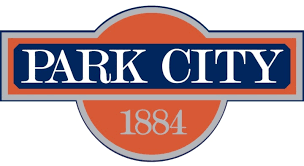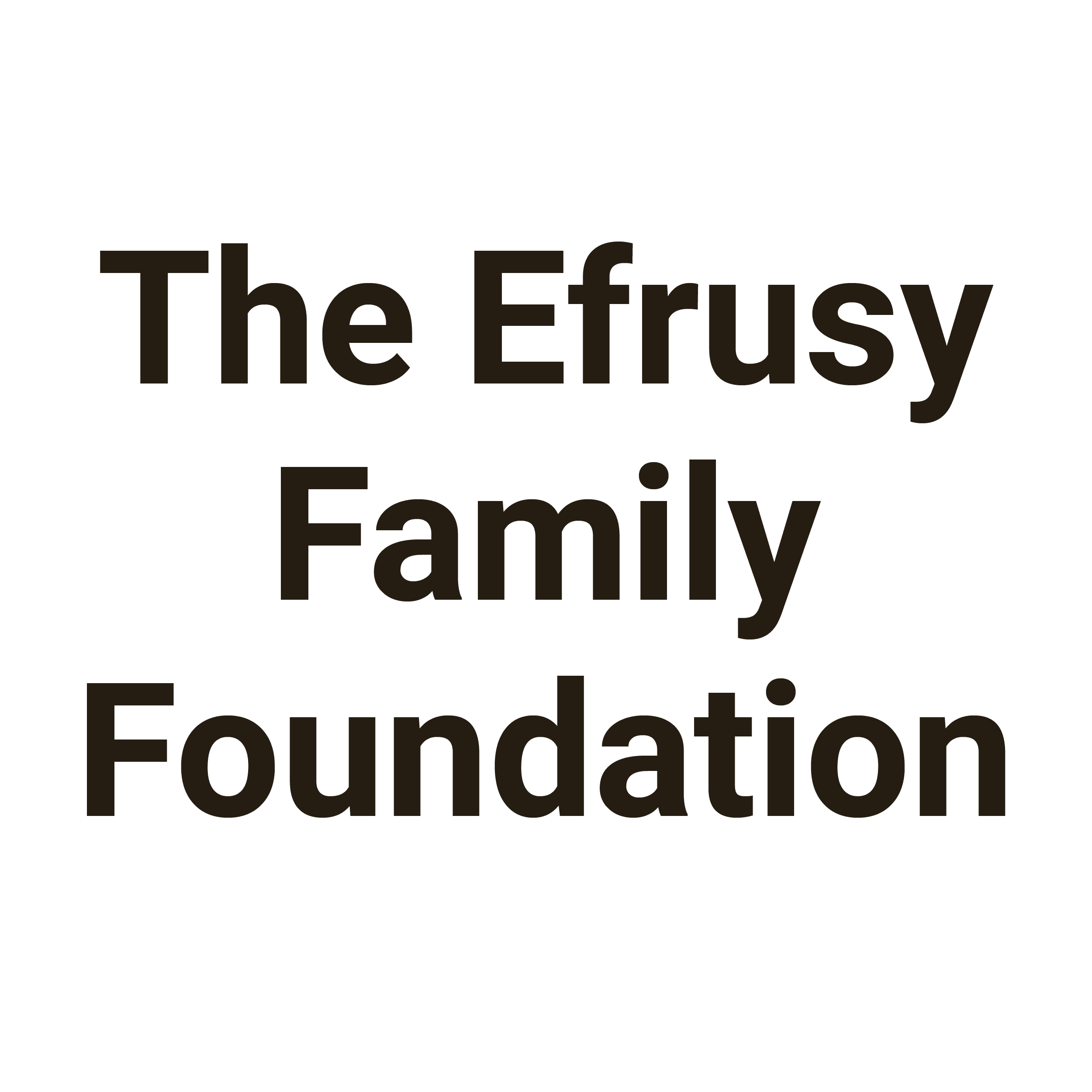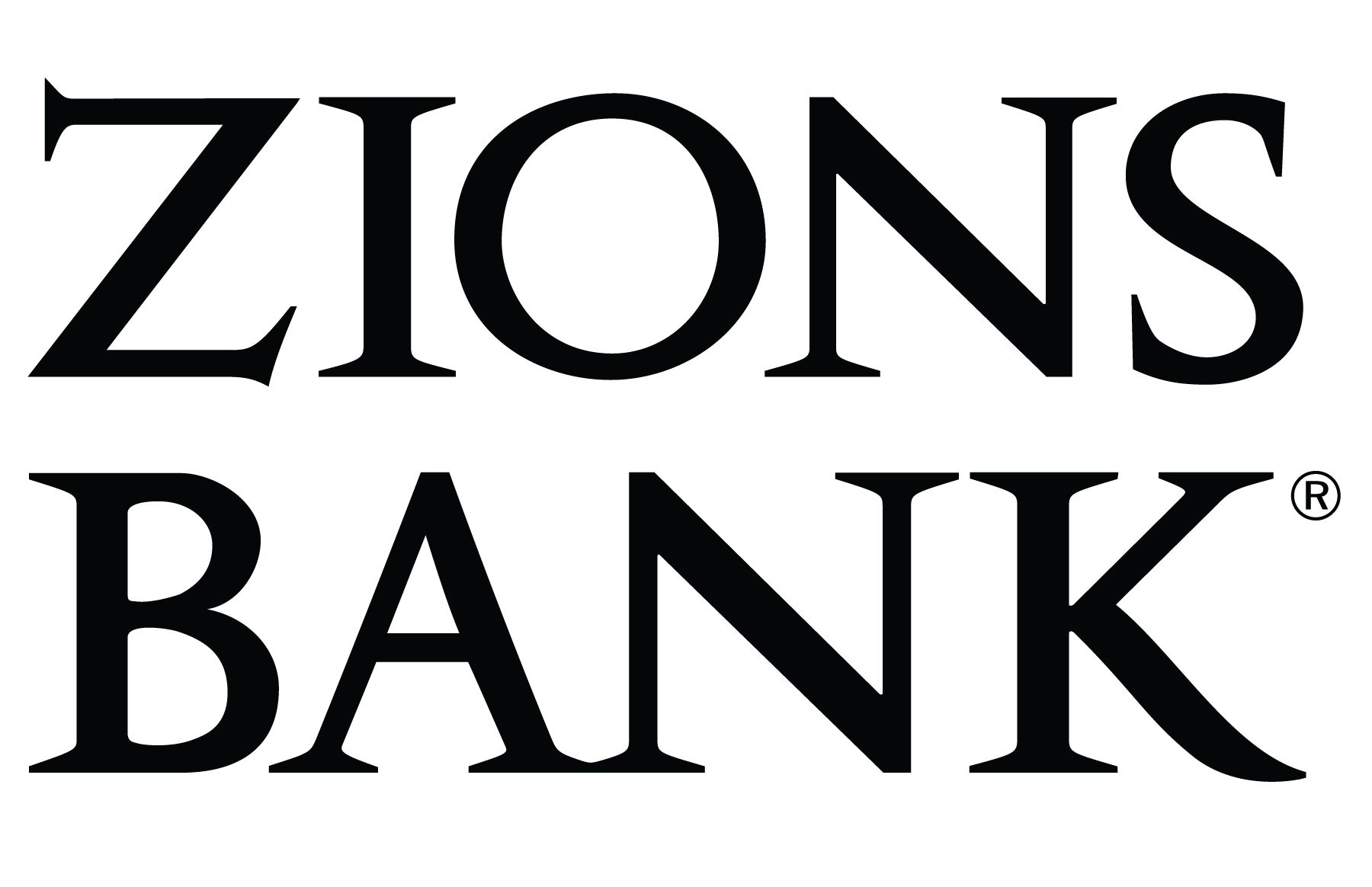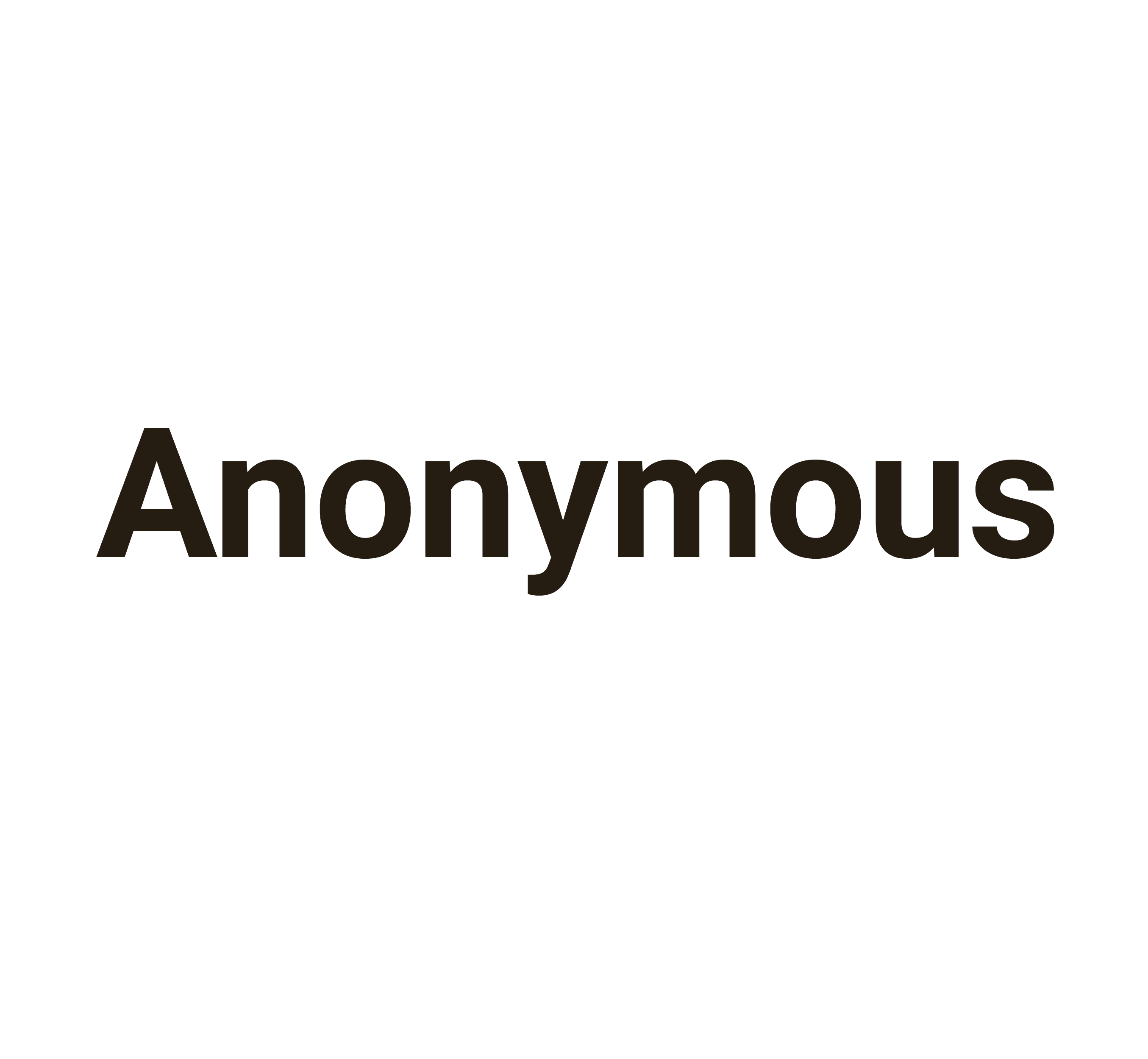
The Wellness Program at Park City schools continues to evolve and redefine student success through positive reinforcement, connection, trust and everyday moments that help students feel seen and supported.
Three years ago, the Alnoba Lewis Family Foundation provided a generous gift to PCEF to launch and implement a Wellness Pilot at the junior high at a critical time where social media and the digital age were significantly affecting student wellbeing. Focused on wellness and positive reinforcement, the program helped spark a culture shift toward connection.
Photo: PCHS Prevention Coordinator Larissa Fomuke moved from TMJH to the high school this school year and is expanding wellness programming to older students.
This year, with ninth graders now part of Park City High School and a state-of-the-art building expansion complete, the wellness pilot has transitioned into the high school, expanding its reach to older students.
At the high school, “Prospectors” (teachers) are paired with “Miners” (students) who may need extra guidance around behavior, academics, or attendance. Using a model called “2x10,” teachers spend two minutes each day for ten consecutive days simply talking with their students. Each week, ninth graders take part in “Freshman Success” lessons that cover executive functioning, coping strategies, and life skills and “Wellness Wednesday” has become a regular part of the Miner Morning Show. Monthly school campaigns will cover a range of topics including resilience, respect, drugs, and alcohol. Each initiative aims to enhance student wellness. Regular student surveys and behavioral tracking help adjust and refine the program’s support based on students’ needs.
Prevention Coordinator Larissa Fomuke has noticed positive trends among many of the students she works with, ranging from improved attendance, to greater academic growth and self advocacy. “One student last year rarely attended school and saw little value in being here,” she said. “After ongoing conversations, schedule adjustments, and consistent support, their attendance and engagement have significantly improved. Having a trusted adult checking in on them regularly at school has made a meaningful difference.”
The Yondr Cell Phone Pouch Program also expanded to the high school this year after being piloted at Treasure Mountain last year. Principal Caleb Fine said he’s already seeing a difference. “We are very happy to have a cell phone-free school,” he shared. “We’re grateful to the students for their compliance and are already seeing a more engaged and positive student body.”
Student engagement extends beyond the classroom. The Positive Behavioral Interventions and Supports (PBIS) program is thriving throughout the district. Teachers recognize and reward students for positive behavior, responsibility, and kindness. Supported by PCEF funding, students can earn "positive behavior” tickets and redeem them from rewards – reinforcing the value of everyday good choices.
In addition to PBIS being implemented across all schools, Parley’s Park Elementary has introduced a complementary teaching tool to encourage student agency and emotional awareness through Conscious Discipline. Conscious Discipline teaches empathy and problem-solving to the youngest learners. Most recently, Parley’s installed “Time Machine” murals on the playground, where students go to practice conflict resolution at recess through a series of steps and actions. The Conscious Discipline approach has already shown positive results at Parley’s and holds the potential to expand to other schools if interest and buy-in continue to grow.
Together, the efforts at every school reflect an ever-evolving culture of student wellness. Along with the excellent counselors and social workers at each school, adding a PCEF funded Prevention Coordinator exemplifies the district's commitment to support every student. Listening to students' needs, adapting resources, and meeting them where they are will ensure they are resilient, confident and ready to navigate a world filled with exciting changes and new challenges we can’t yet imagine.
